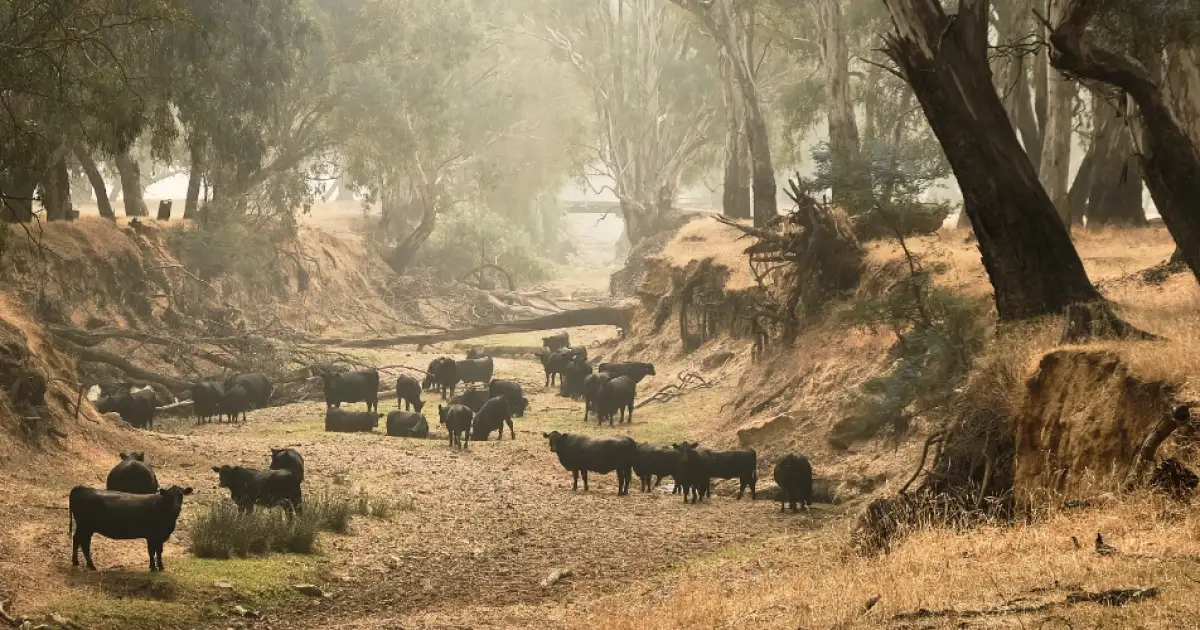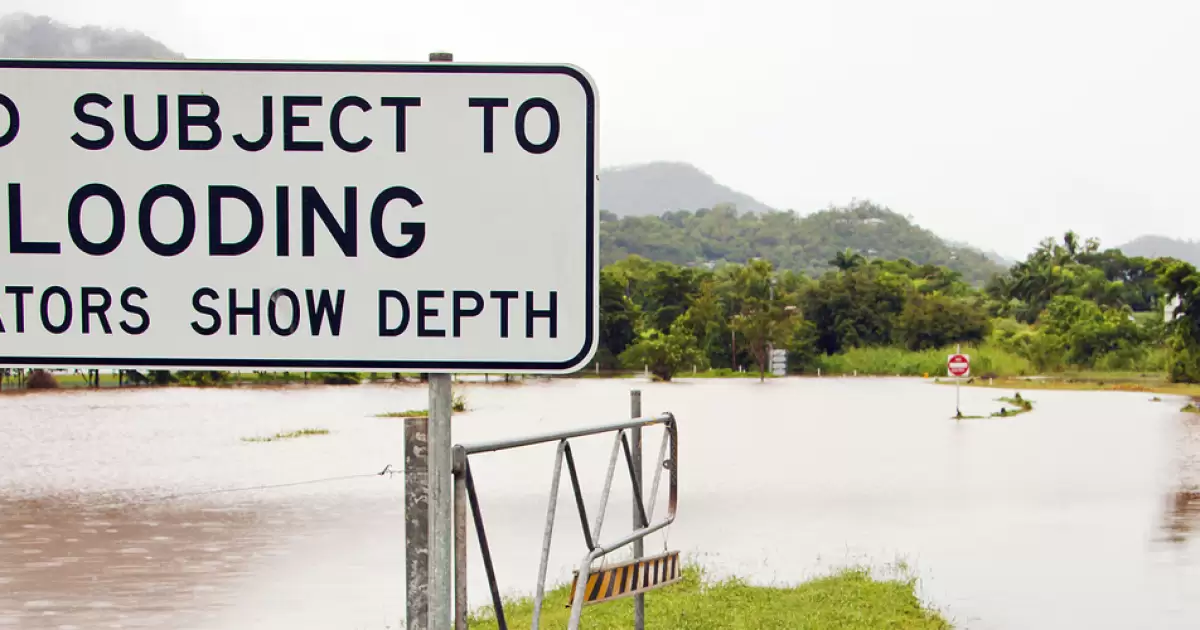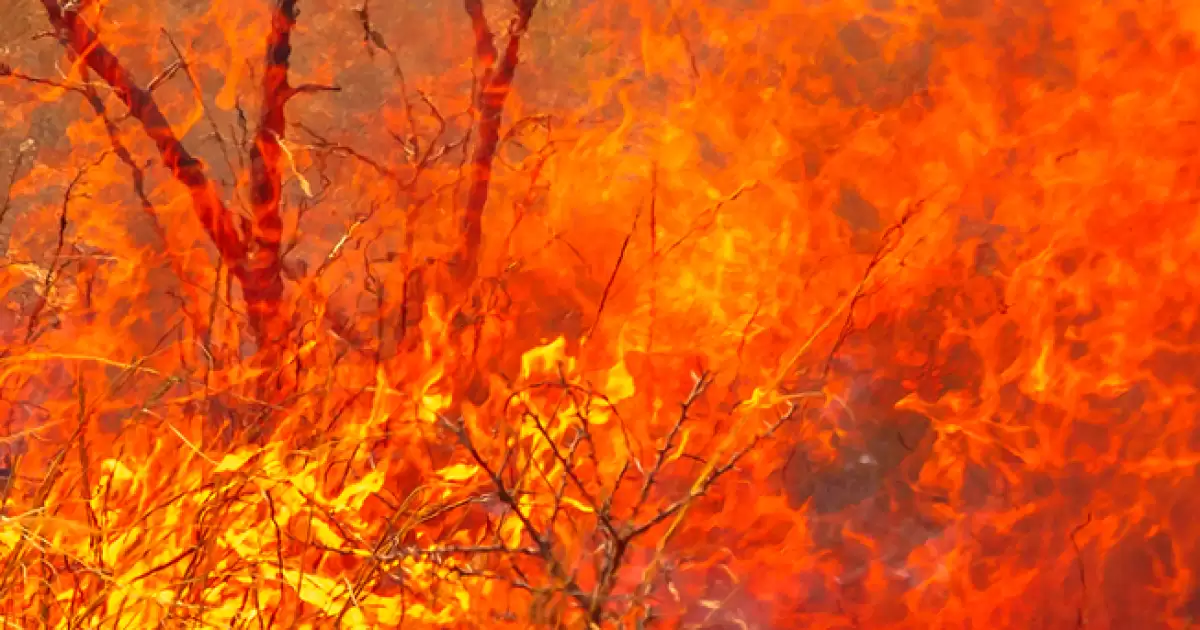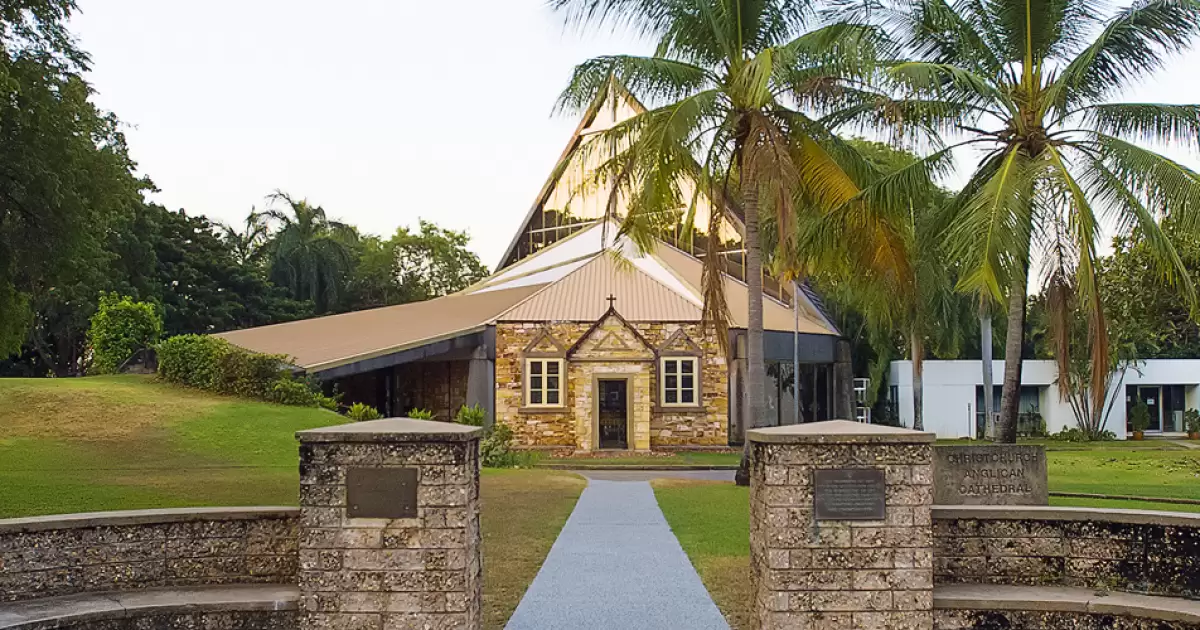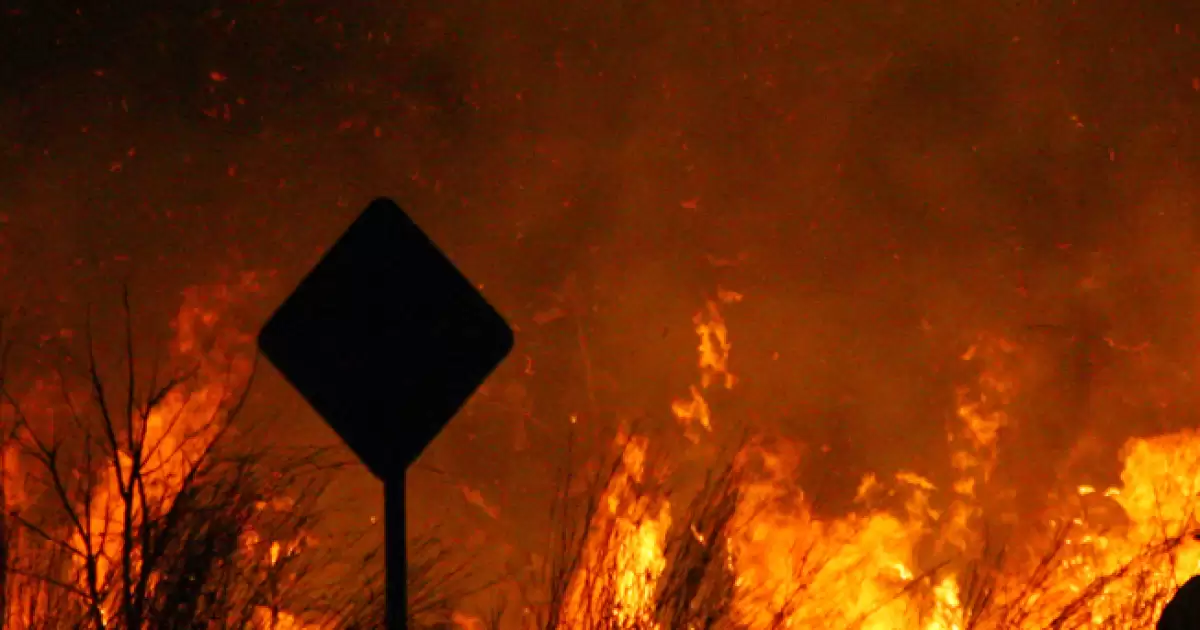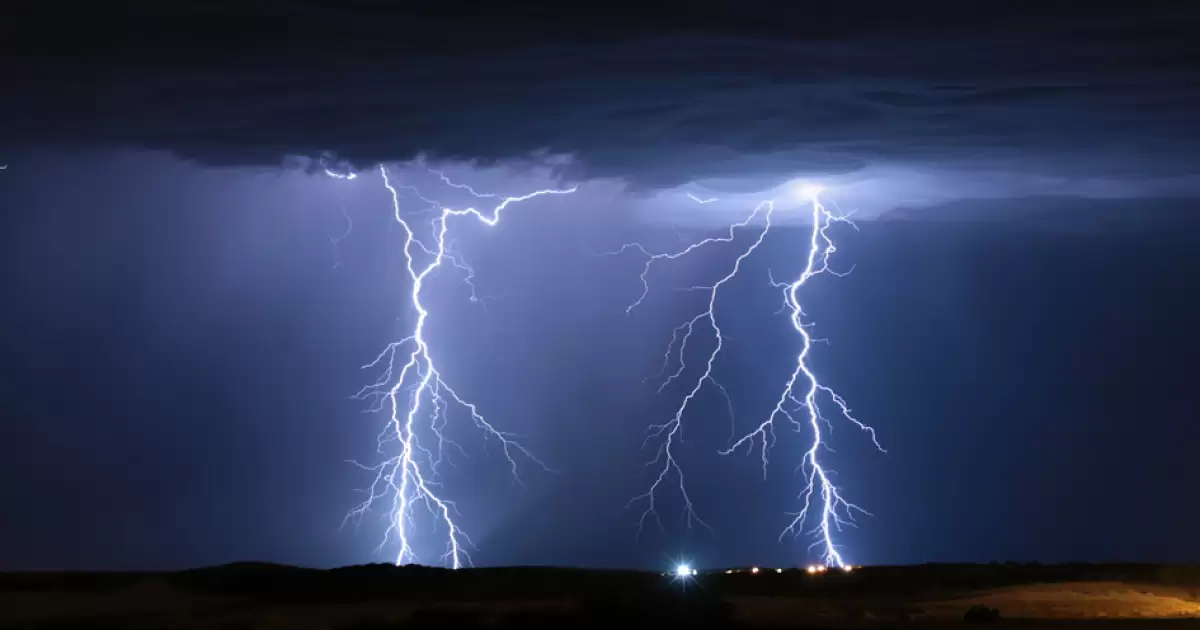If you live in Australia, you know that flooding is an all-too-common occurrence. With the threat of floods looming over the country during certain times of year, it’s important to be prepared and know what to do if disaster strikes. We’re going to discuss how to survive a flood in Australia.
Stay Informed
The first step to surviving a flood is staying informed. Make sure you check the news and weather reports regularly so that you know if there is any risk of flooding where you live. It’s also a good idea to sign up for local alerts from your state government or emergency services if they offer them. This way, you can be alerted as soon as there is any possibility of flooding in your area.
Be Prepared
Once you know that flooding could be an issue, it’s time to start preparing. Make sure that all your essential items are packed away and ready to go in case you need to evacuate quickly. This includes things like medications, food, clothes, important documents and anything else that would be difficult or impossible to replace quickly. You should also make sure that your car is full of gas and ready to go in case evacuation is necessary.
Be Safe
When the floodwaters begin rising, it’s important that you stay safe at all times. Don’t walk through moving water if possible—it can be deceptively dangerous! If evacuation becomes necessary, make sure that someone knows where you are going and when you plan on returning—and stick with your plan! It’s also important not to touch any electrical wires or appliances until after the floodwaters have receded and everything has been checked for safety by a professional electrician or plumber.
Surviving a flood can be tricky but with the right preparation and knowledge, it can be done successfully! Staying informed about potential flooding risks in your area is key so make sure to keep tabs on the news and sign up for any local alerts available from your state government or emergency services if they offer them. Be prepared by packing away essential items like medications and documents before disaster strikes. Good luck!
EMERGENCY RESPONSE TIPS
Emergency Contacts
- DFES - 13 33 37 (Recorded emergency info)
- In immediate danger? - 000
- ABC Radio – tune into 891 AM
- ABC Emergency
www.abc.net.au/emergency/
Keep in Contact
Stay in touch with friends and neighbours. Be aware of your community's state of preparedness and road closures. See if your community has a Facebook or Twitter social media account or group, and join. Keep up to date with those that are posting updates.
Weather Conditions
Be aware of changing forecasts & wind directions and speeds.
- Bureau of Meteorology
www.bom.gov.au
Be Decisive - Make a Plan
The single biggest killer is indecision. Surges of water can appear very quickly, so you should have a plan. To survive a flood, you must be prepared to make your own decisions.
STAY INFORMED
ACT
- ACT State Emergency Service
esa.act.gov.au
NEW SOUTH WALES
- NSW State Emergency Service
www.ses.nsw.gov.au
NORTHERN TERRITORY
- NT Police, Fire & Emergency Services
pfes.nt.gov.au/contact-us
QUEENSLAND
- QLD State Emergency Service
qldsesvamembers.memnet.com.au
SOUTH AUSTRALIA
- SA State Emergency Service
www.ses.sa.gov.au
TASMANIA
- TAS State Emergency Service
www.ses.tas.gov.au
VICTORIA
- VIC State Emergency Service
www.ses.vic.gov.au
WESTERN AUSTRALIA
- WA State Emergency Service
ses-wa.asn.au

